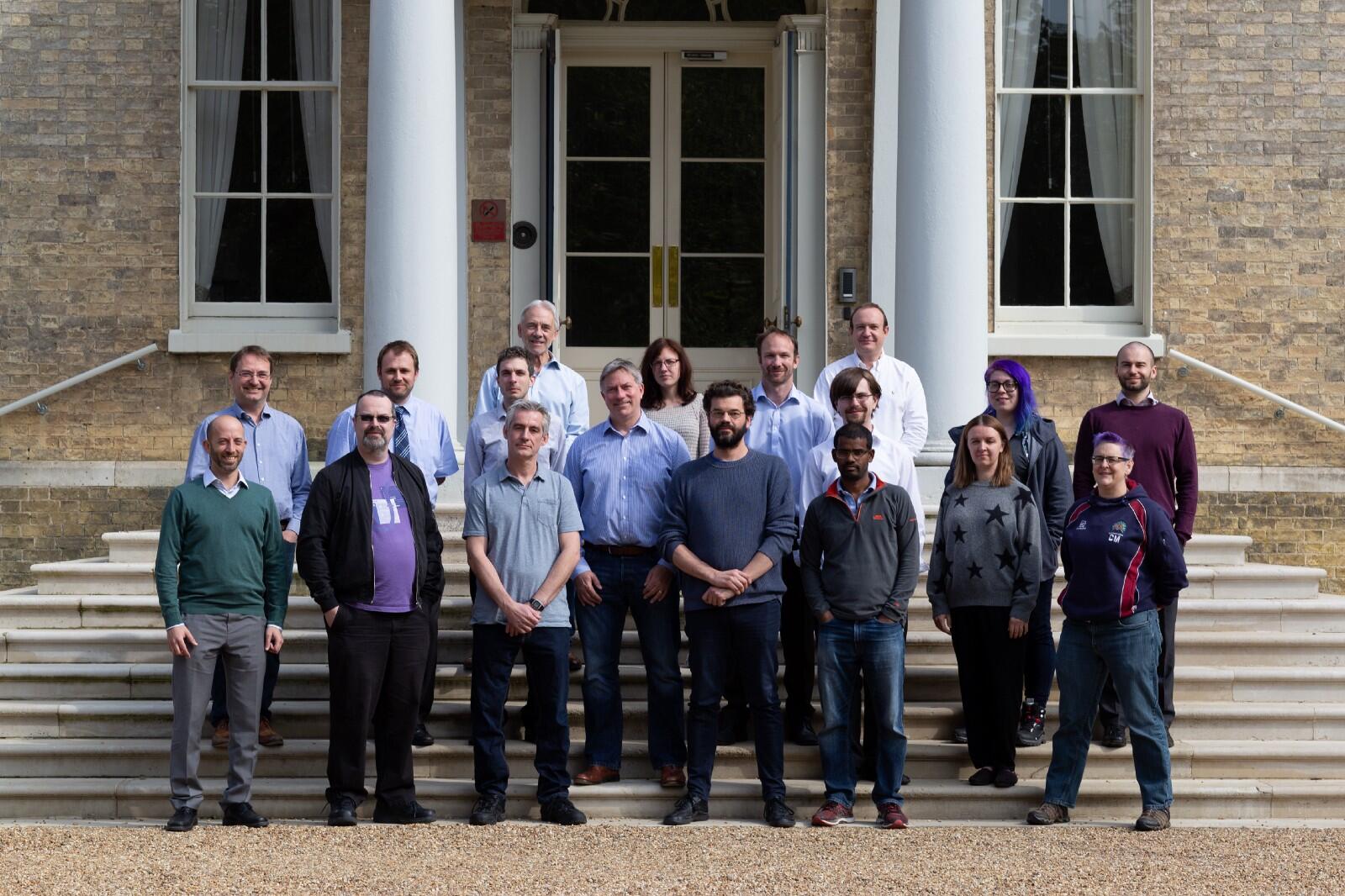$5m Raised by Customisable Analog IP Startup
Article By : Nitin Dahad

Agile Analog says it has automated the analog design process, eliminating a long-standing bottleneck
Agile Analog, an analog intellectual property (IP) startup based in Cambridge, UK, and founded in 2017 by ex-Arm and CSR executives, has come out of stealth mode to announce it has raised $5m.
The company said it differs from other analog IP companies in that it enables customization and automation of the generation of code for its analog IP blocks. Tim Ramsdale, CEO for Agile Analog said, “This investment will enable us to deliver to our customers faster and make possible a paradigm shift in the $2 billion analog IP market.” Andrew Farrugia, the company’s VP marketing, added in a telephone call with EE Times, “This is not off-the shelf analog IP. Every customer has different needs for the analog, so we customize the IP to meet their exact needs.”
Agile Analog said that its AI-driven platform replaces the manual design process for analog IP that has not fundamentally changed in 60 years. Because analog design is manual, it is slow and often a bottleneck in chip design. The company automates the process, while providing access to flexible and customizable analog IP, enabling a wider range of customers to incorporate more analog onto their chips and significantly reducing the size and cost of end products.
Its customers can select the process technology based on the specific needs of their application in terms of power, security, size or cost, whether it is targeting internet of things (IoT), security, automotive, artificial intelligence (AI) or other segments. Each and every circuit can be optimized depending on its requirements.
There are currently eight analog IP blocks available, including an analog-to-digital and a digital-to-analog converter, voltage and current reference, low-dropout regulator, and temperature sensor. The company says it can quickly re-target its IP to different process options; its products are available on CMOS and FD-SOI processes from 0.18 microns down to 22nm.
This funding round will help the company expand its engineering team in Cambridge, to around 35 people by the end of the year. It will also now enable it to deliver products to ‘waiting’ customers; we asked whether that meant there were already licensees, but the company declined to comment, saying it would make an announcement in the future.
Subscribe to Newsletter
Test Qr code text s ss



